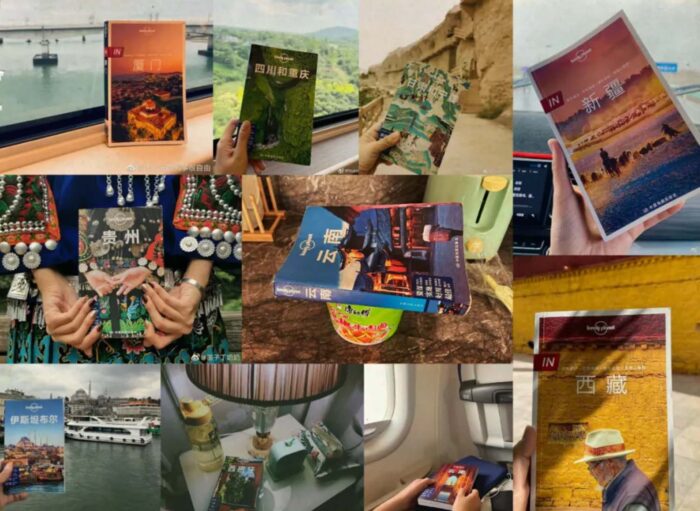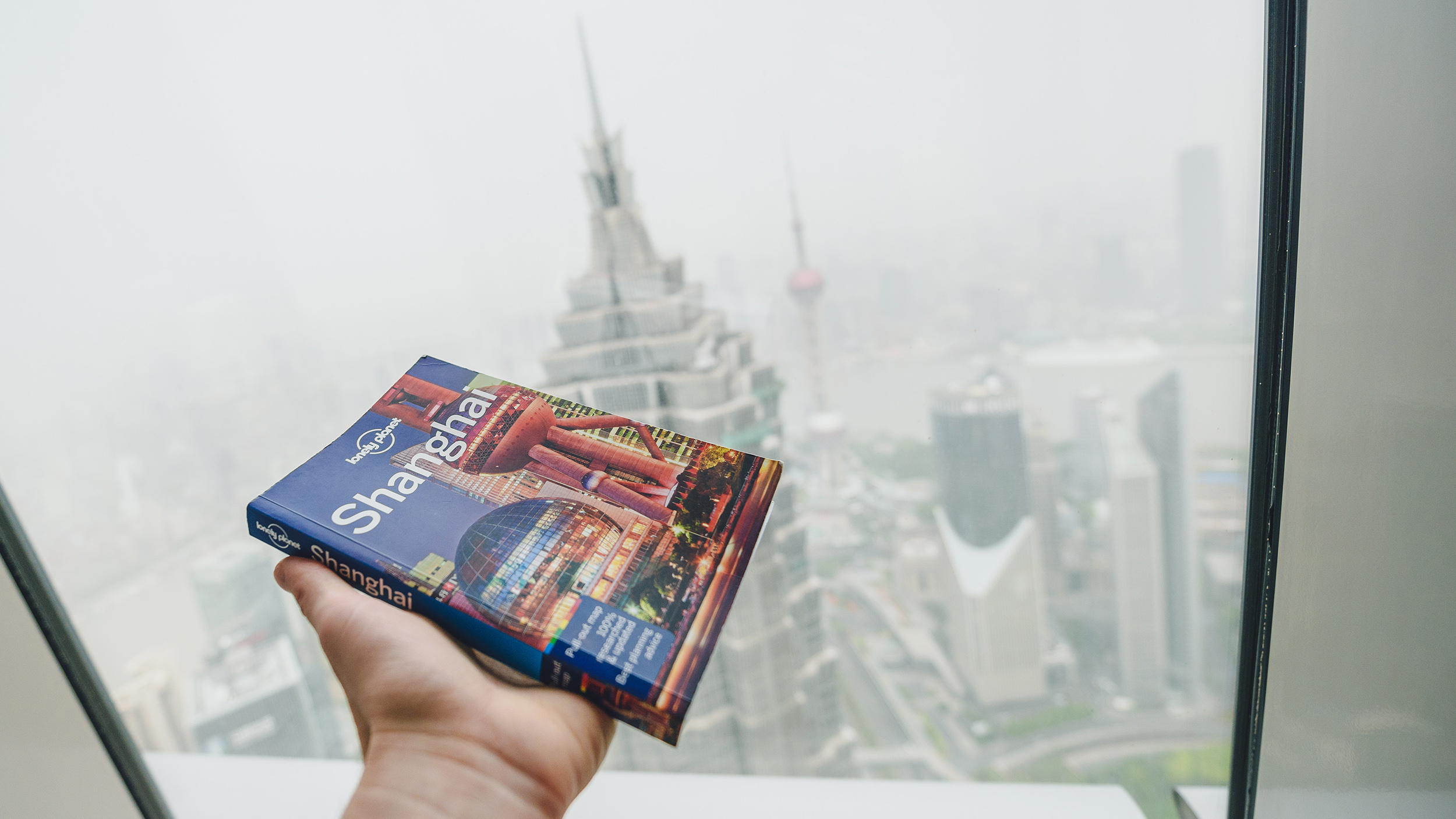Even the longest journeys have to come to an end, and that end has arrived for one iconic travel brand’s time in China. Lonely Planet, the well-known publisher of travel guides and related content, closed its Chinese office, halted all publication in China, and shuttered its Chinese social media accounts.
The company announced the news via social media and a website post on June 26.
“Although reluctant…we still have to regretfully inform you that due to the impact of the past epidemic and the company’s strategic adjustments, Lonely Planet has closed its Chinese office and stopped publishing business in China; all official social media accounts of Lonely Planet in China, including WeChat official accounts, Sina Weibo, Xiaohongshu, Zhihu, etc., have stopped updating,” read the post, titled “I wish you a pleasant journey.”
The announcement follows the closure of Lonely Planet’s Chinese-language magazine in 2022.

A collage of Lonely Planet Chinese-language guidebooks posted by the publisher on the social media platform WeChat. Photo: Lonely Planet
Ten years of Chinese-language travel guides
According to Lonely Planet, the brand has published over 300 Chinese-language travel guides since 2013, covering both domestic and international destinations, restaurants, natural wonders, and tourist destinations.
“We are proud to have dozens of outstanding Chinese authors, who, together with equally outstanding translators, editors, photographers, designers, illustrators, cartographers, and partners who keep the company running, practice the editorial principles of ‘responsible travel’ and ‘telling the truth,’ and insist on field research and objective, neutral writing,” the post continued.
Chinese culture website Sixth Tone weighed in on the closure, noting that the company struggled in recent years to keep up with the glut of social-media-based travel information, including the prevalence of influencers on the Chinese travel scene.
“The only thing I want to say to those influencers is to focus more on providing travel advice and less on taking selfies,” Mio Chen, a Chinese travel aficionado, told the site.
Other travelers contrasted Lonely Planet’s practical approach with the catchy but superficial online travel advice popular in China today.
Lonely Planet was founded in Australia in 1973 by husband-and-wife team Maureen and Tony Wheeler. The brand enjoyed great success in the following decades before peaking in the late 1990s and early 2000s.
The BBC acquired Lonely Planet in 2007. The brand has since changed hands twice more, first to NC2 Media and then to Red Ventures.






